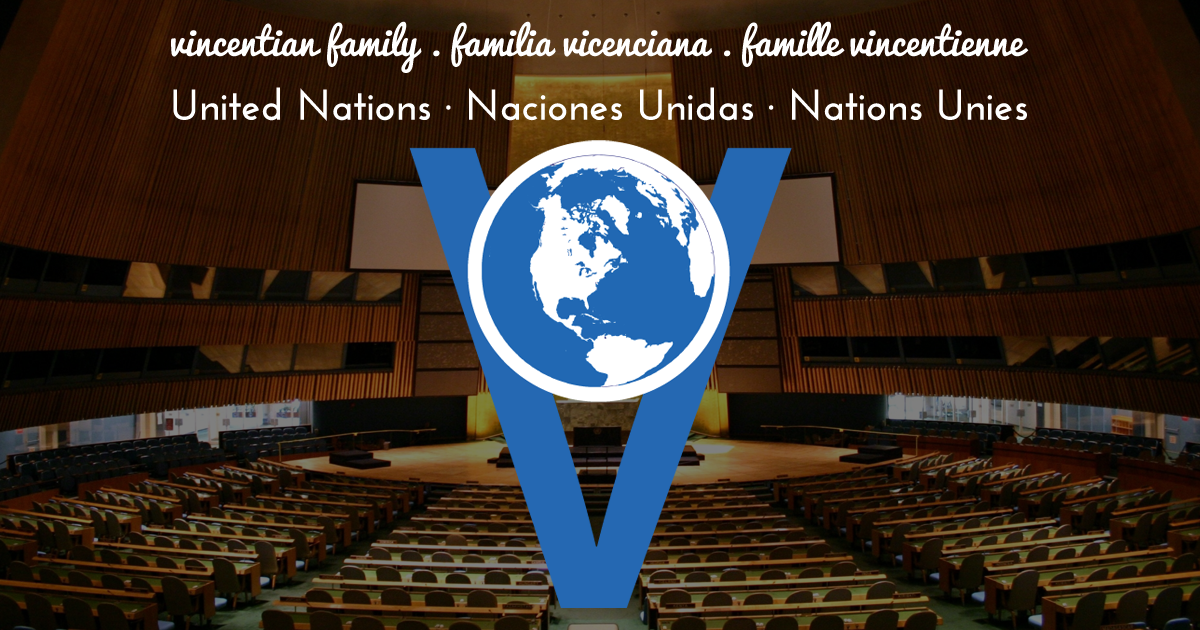
Paris Agreement on Climate Change and COP 22 – Conference of Parties to
UNFCCC (United Nations Framework Convention on Climate Change)
In December 2015, 197 countries promised to keep the world safe from the worst effects of climate change at the COP 21 in Paris. The central aim of the Paris is to strengthen the global response to climate change by keeping global temperature rise below 2 degree Celsius.
The agreement is open for signature from April 22, 2016 to April 21, 2017. As of (October 24, 2016) 84 countries have ratified the agreement and it will enter into force on November 4, 2016.
“The speed at which countries have made the Paris’s Agreement’s entry into force possible is unprecedented in recent experience of international agreements and is a powerful confirmation of the importance nations attach to combating climate change and realizing the multitude of opportunities inherent in the Paris Agreement,” said Patricia Espinosa, Executive Secretary of the UN Framework Convention on Climate Change (UNFCCC).
Marrakesh in Morocco is preparing to host COP 22 from November 7 – 18, 2016 during all members will focus on strengthening action on mitigation* and adaptation+ at the national levels.
They will also put in place measures for strengthening appropriate financial flows, a new technology framework and an enhanced capacity building framework to assist developing and most vulnerable countries according to their national objectives.
Since the Paris Agreement would have come into force by then, the Conference will launch the Governing Body of the Agreement. COP 22 will also develop the Paris Agreement’s implementation rule book. The rule book will make the Agreement work and will make it fully implementable, setting out the detailed requirements under which countries and other actors will openly report and account for the climate action they are taking in a way which promotes trust and confidence across nations to boost their own comprehensive response to the challenge of climate change. It will be a global blueprint for reporting and accounting for climate action.
There is optimism around the world, yet it is tempered by the climate change reality. According to the World Meteorological Organization, 2015 saw record high greenhouse gas concentrations and its impact could be around for a long time, even if governments take steps to curb human-made global warming. Governments around the world need to demonstrate not only political will, but concrete action on their nationally determined commitments.
Another landmark agreement taken by 200 countries on October 15, 2016 in Kigali, Rwanda, to phase-down hydrofluorocarbons (HFCs) used in refrigeration, air conditioning building insulations, fire extinguishers and aerosols. It is one of the most significant actions governments have ever taken to protect the climate. HFCs are highly potent greenhouse gases that have a global warming potential 1000’s of times that of carbon dioxide (CO2). This takes the world a step closer to keeping global temperature below 2 degrees Celsius.
Climate Change hits the people living poverty the hardest, especially those living in areas where they have few resources to help them recover. We Vincentians who minister to people who are most vulnerable witness the ill-effects of climate change in their lives. Increased droughts, floods and higher temperature levels are impacting marginal farmers adversely. They have reduced crop yields or none at all. It is people who live in poverty who suffer the most during natural disasters. Climate change is creating a new group of climate migrants are on the move, either in their own countries, or seeking shelter in other countries with no protection.
Given this reality, it is our responsibility to join hands with other groups and organizations to demand our governments to take actions to reduce greenhouse gas emissions and scale up invest in renewable energy. It is also a means to extreme poverty.
*Climate change mitigation is the action to decrease the potential effects of global warming.
+Adaptation to global warming involves actions to tolerate the effects of global warming.







0 Comments